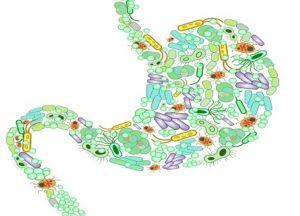Accelerating Research and Translation of Microbiomes to Improve Child Health
17–18 April 2023
Wellcome Genome Campus, UK
Summary
The majority of research on the human microbiome has focused on European and North American populations. There remains a lack of knowledge on the human microbiome in other populations, this is especially important when considering the compositional differences in the microbiome in different geographical regions due to diet and environmental factors.
Promising research implicates the microbiome in playing a role in vaccine response, in part by acting as ‘endogenous adjuvants’ through interactions with the immune system. In addition, malnourished children have a poorly developed microbiota profile compared with those of healthy children of the same age. Therefore there is an urgent need to accelerate human microbiome research in underserved populations, to understand better how the gut microbiome contributes to child health and the development of diarrhoea, malnutrition, vaccine efficacy and to identify potential interventions that can be made to ameliorate disease burden.
Delivering on microbiome science could have a significant impact on public health and accelerate progress to the Sustainable Development Goals. This invitation-only meeting will set the stage for global research collaborations to accelerate research in underserved populations, translate these findings into novel interventions to improve child health, and build capacity for microbiome science in Asia, Africa and Latin America
Programme
The retreat will start at approximately 12.00 on Monday 17 April and close at approximately 19:00 on Tuesday 18 April, with departure on Wednesday 19 April 2023.
Sessions:
- The microbiome in early-life
- Enteric diseases and the microbiome
- Diet and maternal health
- Translating microbiome research
- Capacity Sharing for microbiome research
- Outputs from the retreat: collaborations and network formation
Organisers and speakers
Scientific programme committee
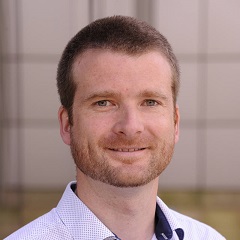
Hilary Browne
Wellcome Sanger Insitite, UK
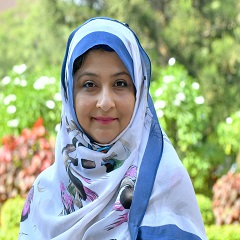
Najeeha Iqbal
Aga Khan University Hospital, Pakistan
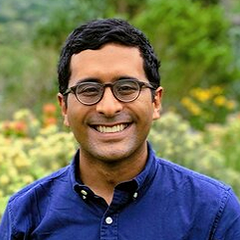
Majdi Osman
OpenBiome, USA
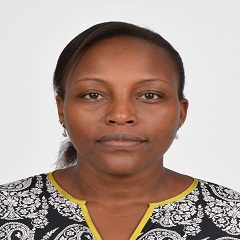
Caroline Tigoi
Kenya Medical Research Institute (KEMRI), Kenya
Retreat participants
Philip Abraham – Christian Medical College, Vellore India
Ovokeraye Achinike-Oduaran – University of the Witwatersrand, South Africa
Louise Afran – Malawi Liverpool Wellcome Trust, Malawi
Tahmeed Ahmed – icddr,b, Bangladesh
Meghan Azard – University of Manitoba, Canada
Rhona Baingana – Makerere University, Uganda
Michael Barratt – Washington University, USA
James Berkley – KEMRI, Kenya
Rebeca Campos – University of Costa Rica, Costa Rica
Ana Cehovin – Wellcome, UK
Faisal Fadlemola – University of Khartoum, Sudan
Bonface Gichuki – KEMRI Kenya/ Wellcome Sanger Institute, UK
Jeff Gordan – Washington University School of Medicine, USA
Amadou Gueye – Illumina, UK
Lindsay Hall – Technical University Munich, Germany
Camilla Iannone – Wellcome, UK
Arox Kamng’ona Kamuzu – University of Health Sciences, Malawi
Sam Kariuki – KEMRI, Kenya
Trevor Lawley – Wellcome Sanger Institute, UK
Amarila Malik – University of Indonesia, Indonesia
Rizka Maulida -Cambridge University, UK
Denise Morais da Fonseca – Universidade de San Paolo, Brazil
Annettee Nakimuli – Makerere University, Uganda
James Njunge – KEMRI Kenya
Julie O’Brien – OpenBiome, USA
Michael Owusu – Kwame Nkrumah University, Ghana
Damian Plichta – Broad Institute, USA
Andrew Prendergast – Blizzard Institute London, UK
Alejandro Reyes – Universidad de los Andes, Bogota Colombia
Vanessa Ridaura – Bill and Melinda Gates Foundation, USA
Yan Shao – Wellcome Sanger Institute, UK
Billo Tall – Intitute Pasteur, Dakar Senegal
Laeticia Toe – University of Ghent, Belgium
Douwe van Sinderen – University College Cork, Ireland
Judd Walson – University of Washington, USA
Organisers
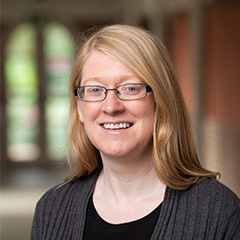
Treasa Creavin
Wellcome Connecting Science, UK
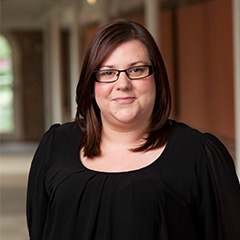
Jemma Hume
Wellcome Connecting Science, UK
Sponsors
With thanks to Bill and Melinda Gates Foundation

